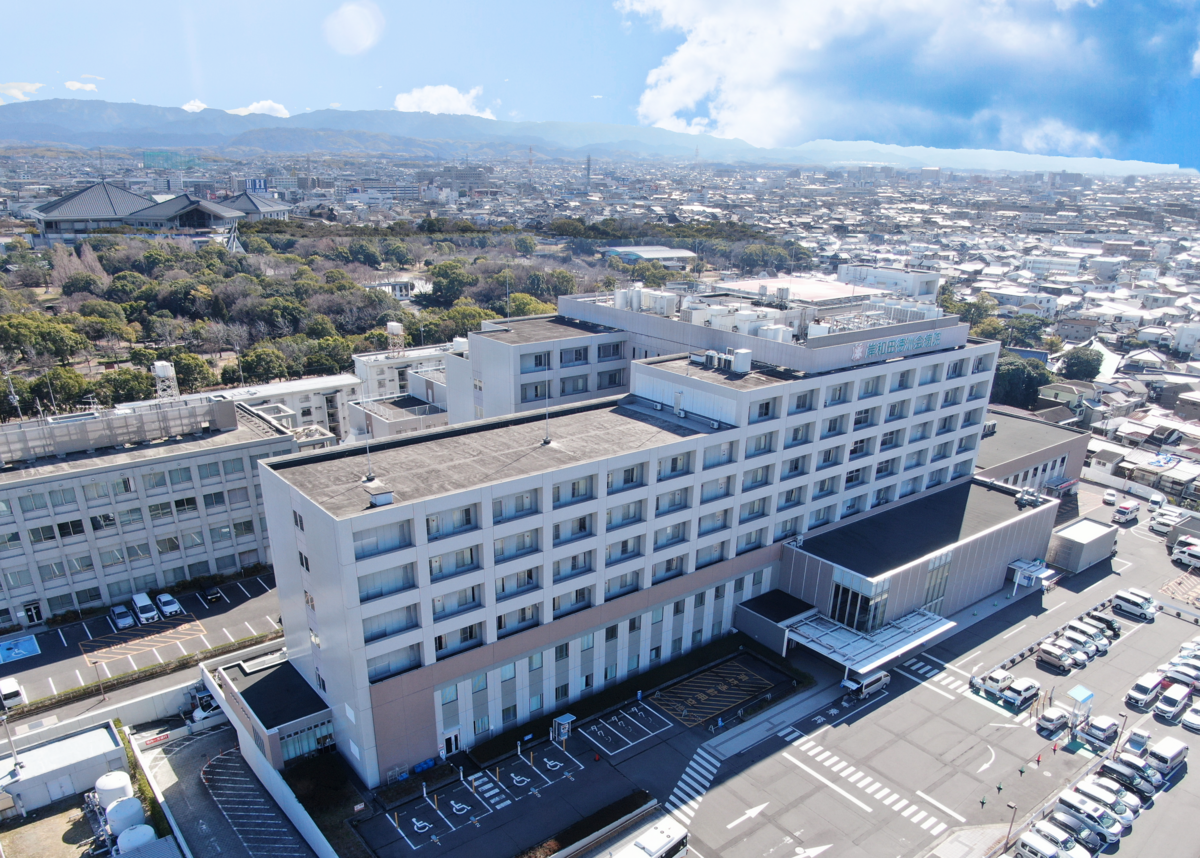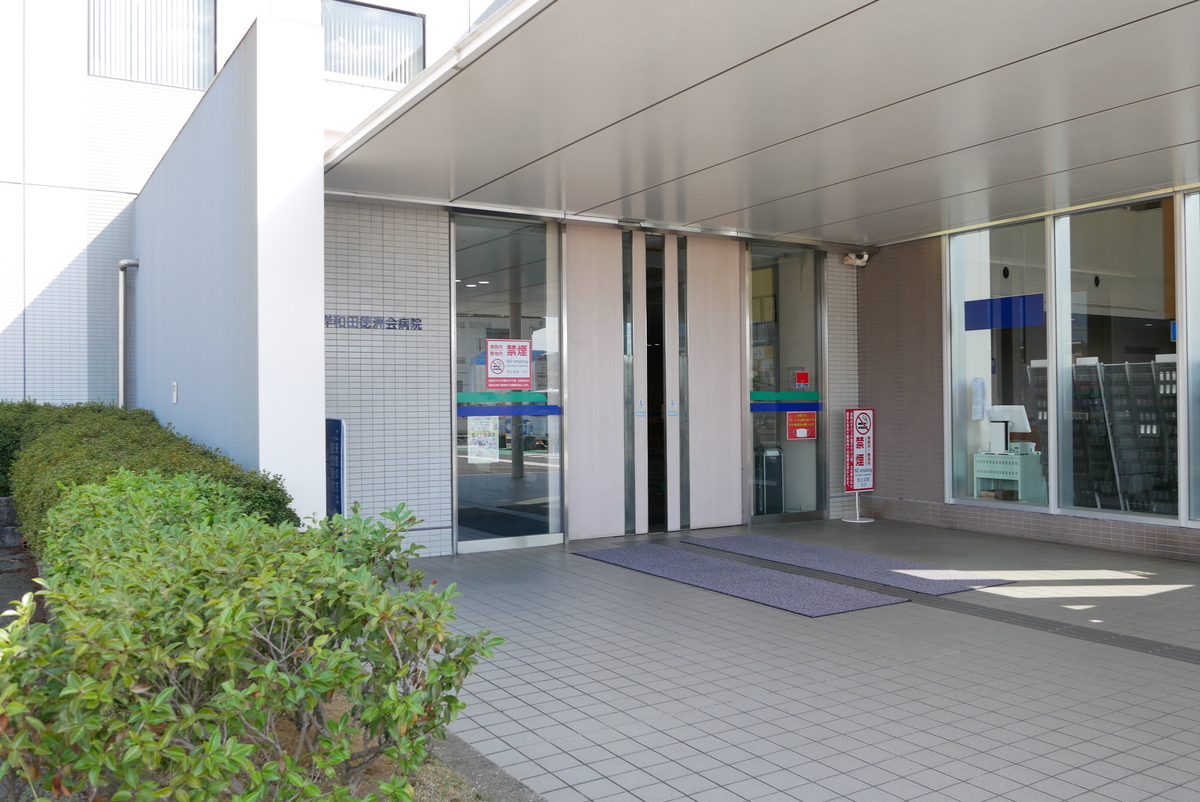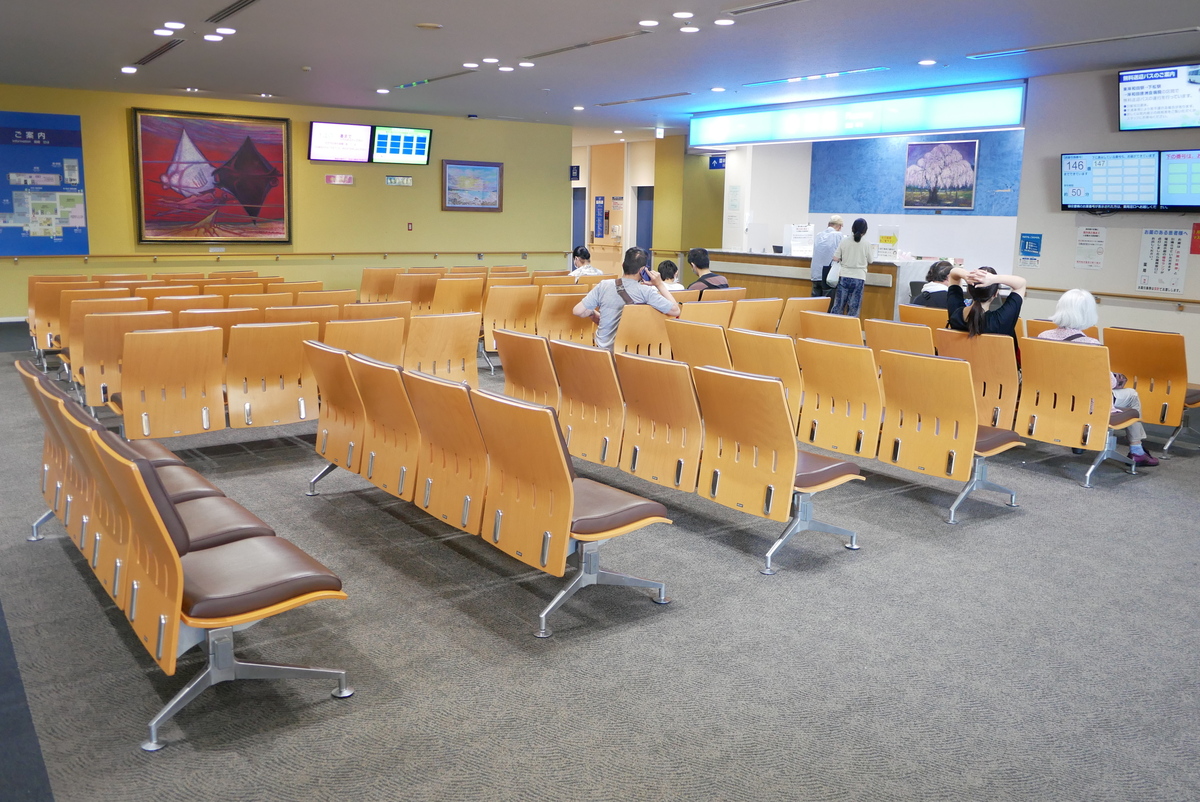Program details
Robotic-Assisted Treatment for Prostate Cancer 【Kishiwada Tokushukai Hospital】
surgery
Kishiwada Tokushukai Hospital(Kinki/Osaka)
Advanced Treatment for Prostate Cancer
Reducing Burden with Robotic Surgery
For prostate cancer, robotic-assisted surgery using the Da Vinci system reduces the risk of bleeding and complications. Radiation therapy can also be combined to aim for early recovery.
- Genres
-
- Department
- Disease
- Examination Items/Treatments/Surgical method
- Region/Organ
- Program Summary
- Since May 2013, we have been performing robot-assisted laparoscopic radical prostatectomy using the Da Vinci Si system for prostate cancer. Compared to traditional open surgery, which involved significant blood loss requiring autologous blood transfusion in most cases, robot-assisted laparoscopic surgery has significantly reduced blood loss, eliminating the need for transfusions. The surgery duration is comparable to that of open surgery, and postoperative urinary incontinence and erectile dysfunction recover more quickly.
Radiation therapy, combining external beam radiation and brachytherapy, has also shown excellent treatment outcomes comparable to surgical treatment. Patients are provided with detailed explanations about surgical and radiation options to make informed choices.
For bladder cancer, most surgeries are performed endoscopically to preserve the bladder as much as possible.
For kidney cancer and upper urinary tract cancer, we recommend minimally invasive laparoscopic surgery whenever possible. Treatment plans are decided after thorough discussions with the patient and their family, considering the patient’s condition and disease stage.
For urinary stones, we introduced the latest extracorporeal shock wave lithotripsy (ESWL) device in May 2015. ESWL is our first-line treatment, allowing for same-day outpatient procedures.
- Medical Institutions
-
Kishiwada Tokushukai Hospital
〒596-0042
4-27-1 Kamoricho, Kishiwada City
- Examination Items
- Setup Date
- Excluded days
- Required Days/Hours
- Start/end time
- Eligibility Criteria/Exclusions for Treatment
- Eligibility Criteria
1. Medical Information:
- Diagnosis (prostate cancer, bladder cancer, kidney cancer, urinary stones, etc.)
- Cancer stage and disease status (cancer stage, tumor size, presence of metastasis, etc.)
- Results from tests conducted at other institutions (MRI, CT, bone scan, biopsy results, etc.)
- Presence of comorbidities (heart disease, diabetes, kidney disease, etc.)
2. Treatment History:
- Previous treatment history (cancer treatment, endoscopic surgery, chemotherapy, radiation therapy)
- Current medications (anticoagulants, hormone therapy, painkillers, etc.)
- Known allergies or drug reactions
3. Physical Fitness and Age:
- Assessment of physical capacity for elderly patients or those with underlying conditions to undergo surgery, robotic-assisted surgery, radiation therapy, or outpatient treatments
- Evaluation of suitability for general anesthesia
4. Preoperative Tests and Preparation:
- Ability to undergo necessary preoperative tests (blood tests, ECG, tumor marker tests, etc.)
- Capability to manage lifestyle and physical health before treatment
5. Postoperative Follow-Up and Lifestyle Guidance:
- Willingness to cooperate with postoperative outpatient visits and follow-up care
- Compliance with lifestyle guidance and management of side effects during radiation or drug therapy
- Precautions / Contraindications
- Precautions and Contraindications
1. Cases Unsuitable for Treatment:
- Patients with severe heart disease or renal dysfunction who cannot tolerate surgery or anesthesia may face limitations in treatment.
- Patients unable to discontinue anticoagulants face high bleeding risks, making them unsuitable for surgery.
- Patients with conditions such as dermatitis or radiation sensitivity that make radiation therapy unsuitable may need tailored treatment approaches.
2. Risks Associated with Robotic-Assisted Surgery and Radiation Therapy:
- Surgery carries risks of bleeding, infection, urinary incontinence, and erectile dysfunction, necessitating careful postoperative monitoring.
- Radiation therapy may result in side effects such as painful urination or diarrhea, requiring close attention to health management.
3. Risk of Side Effects:
- Post-surgery or radiation therapy, immune function may be weakened, increasing the need for infection prevention.
- Recovery of urinary incontinence or erectile function following prostate surgery may be delayed, requiring regular follow-ups.
---
Pre-Treatment Instructions
1. Preoperative Preparation:
- Patients taking antiplatelet or anticoagulant medications must follow medical advice regarding discontinuation.
- Necessary preoperative tests (blood tests, ECG, tumor markers, etc.) must be completed to confirm fitness for surgery.
2. Postoperative Care and Follow-Up:
- After surgery, patients must monitor for bleeding, infection, or urinary leakage and promptly contact a healthcare provider if abnormalities occur.
- Post-radiation therapy side effects, such as urinary issues or skin irritation, should be addressed with appropriate measures in consultation with a physician.
3. Lifestyle and Daily Care:
- Patients should maintain strict hygiene and infection prevention as immune function may temporarily decline.
- Gradual rehabilitation and light exercise are encouraged to rebuild physical strength and return to daily routines.
4. Regular Follow-Up:
- Post-treatment, regular check-ups, including blood tests and imaging, are essential to monitor for signs of recurrence.
- Any changes in health or new symptoms should be promptly reported to a physician.
5. Emergency Protocols:
- In cases of fever, severe pain, bleeding, or urinary abnormalities post-discharge, patients should immediately contact a medical facility.
- Emergency contact information for available healthcare providers or the attending physician should be confirmed in advance.




